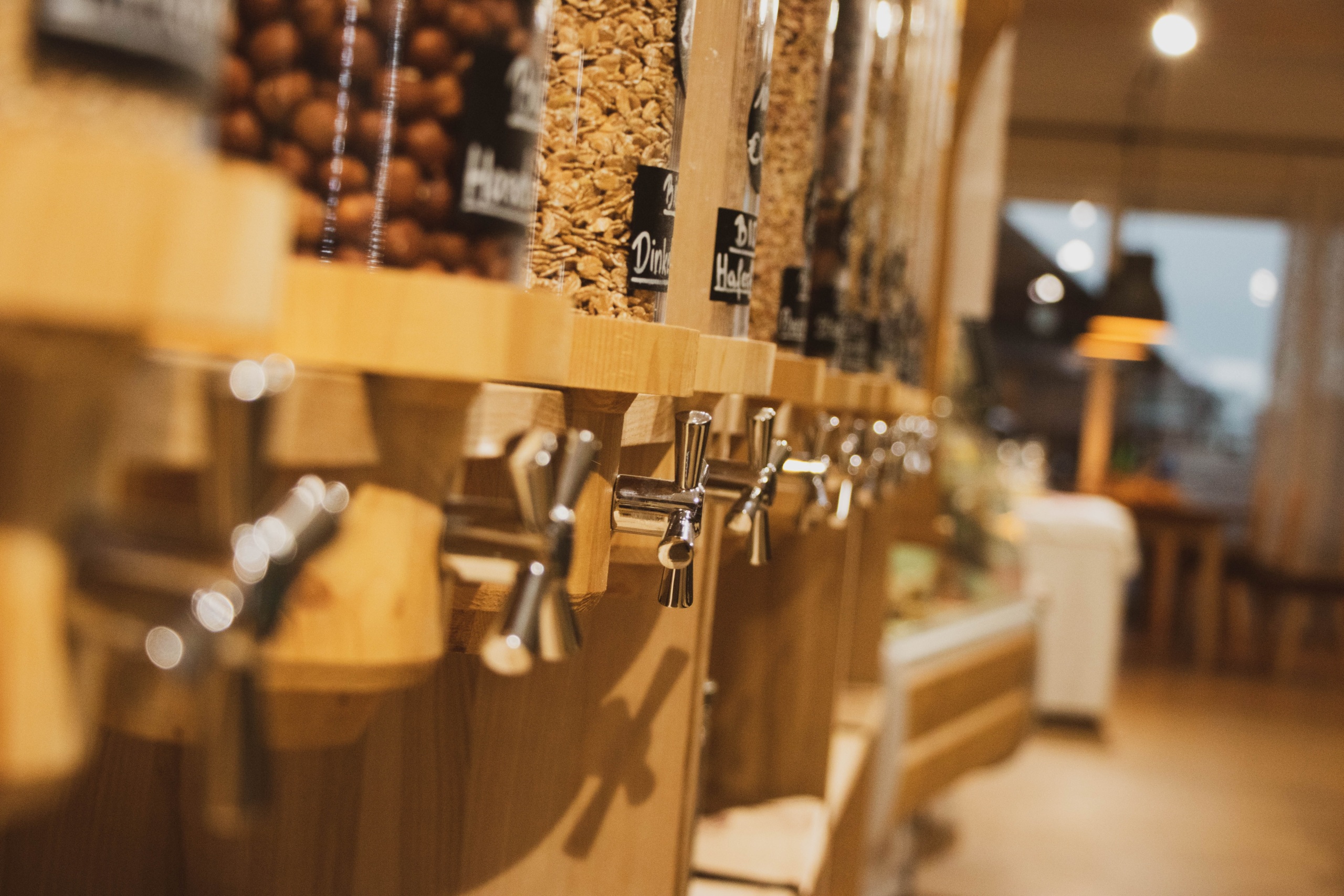
Ditch plastic packaging: Shop at your local refillery
A wave of new retail businesses are eliminating single-use plastic packaging entirely, showing us what a future with dramatically less plastic could look like.
To spare birds, fish and other wildlife from the harm caused by plastic pollution, we’re raising our voices for a world with less single-use plastic products.
Maybe you’ve seen the video of a sea turtle with a plastic straw stuck in its nose, or the headlines about whales washing ashore with stomachs full of plastic. With so much plastic pollution floating in the ocean, it’s too easy for wildlife to mistake it for food — and too often, they pay the price with their lives. The good news is that more people, communities, states and companies are moving away from the single-use plastics we don’t even need. Because after all, nothing we use for a few minutes should pollute our environment and threaten wildlife for hundreds of years.
A wave of new retail businesses are eliminating single-use plastic packaging entirely, showing us what a future with dramatically less plastic could look like.
This year's Ocean Day will give participants the opportunity to meet with their state legislators, hear from experts on current issues concerning the ocean, and celebrate California's marine life.
Attend
IN-PERSON
Capitol Annex Swing Space, 1021 O Street, Sacramento, California 95814
Report ●
An estimated ten trillion pellets enter oceans each year
To eliminate plastic waste, we need retailers like Target to do their part by phasing out plastic bags.
State Sens. Catherine Blakespear and Ben Allen and Asm. Rebecca Bauer-Kahan introduced bills on Tuesday to strengthen California’s ban on single-use plastic grocery bags. The bills, SB1053 and AB2236, would address California’s plastic waste crisis by closing a loophole that allows grocery stores to provide thick plastic bags for a fee.
A recent report found that state- and city-wide bans successfully reduce plastic bag use and associated litter and pollution.
Plastic Bag Bans Work, a new report released Thursday by U.S. PIRG Education Fund, Environment America Research & Policy Center and Frontier Group, estimates that, on average, plastic bag bans similar to those studied can eliminate almost 300 single-use plastic bags per person, per year.
State Director, Environment California
